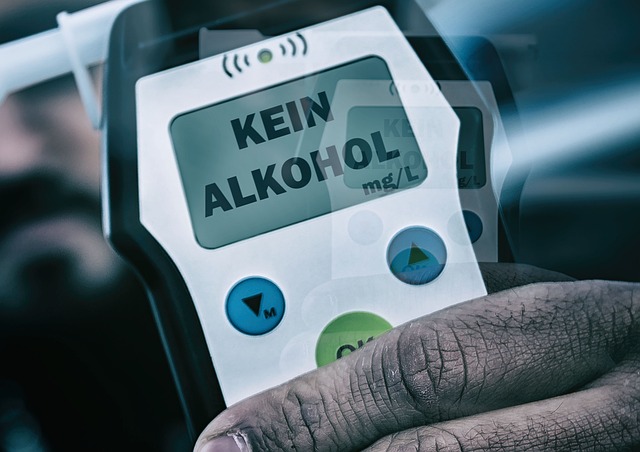College campuses globally are embracing strict "zero-tolerance" DUI policies, aligning with international immigration's emphasis on law compliance, primarily for safety and maintaining institutional integrity. These policies, with severe consequences like expulsion or deportation, reflect a cultural shift towards stricter rules to deter risky behaviors. Campuses collaborate with local authorities, leveraging technology for enforcement. Balancing public safety and individual rights is crucial, especially with diverse student backgrounds and varying global perspectives on immigration and DUI. Effective strategies involve inclusive dialogue, educational programs, improved communication, efficient immigration management technology, and data-driven campus security approaches.
“In an era where global immigration policies and campus safety are at the forefront of higher education discussions, the ‘Zero Tolerance’ approach has emerged as a controversial yet prevalent strategy. This comprehensive guide explores how colleges worldwide navigate public safety while balancing student rights, particularly in light of stringent Global Immigration perspectives and DUI (Drunk Driving Underage) laws.
We delve into the challenges and solutions, offering valuable insights for stakeholders navigating these complex issues.”
- Global Immigration Policies and Campus Safety: Exploring the Zero Tolerance Approach
- DUI Laws on College Campuses: A Comprehensive Look at Student Responsibilities
- Balancing Public Safety and Individual Rights: Challenges and Solutions in Higher Education
Global Immigration Policies and Campus Safety: Exploring the Zero Tolerance Approach

College campuses worldwide are adopting a “zero tolerance” approach to ensure safety, often reflecting broader global immigration policies and their perspectives on driving under the influence (DUI). This strict policy entails immediate and severe consequences for violations, including expulsion or deportation for students. The trend stems from growing concerns about public safety and the need to maintain orderly learning environments.
The alignment between campus safety measures and international immigration regulations suggests a broader cultural shift towards stricter rules. In many countries, immigration policies have become more stringent, demanding absolute compliance with laws, which translates into college campuses enforcing similar standards. This approach aims to deter students from engaging in risky behaviors, like DUI, recognizing that such actions can have significant implications, not just for individuals but also for institutional reputations and international student recruitment.
DUI Laws on College Campuses: A Comprehensive Look at Student Responsibilities

College campuses worldwide are adopting strict policies regarding driving under the influence (DUI) to ensure student safety, reflecting a broader global immigration and DUI perspective. These zero-tolerance rules often extend to on-campus and off-campus incidents, with severe consequences for students found guilty. The implications can include suspension or expulsion, legal repercussions, and potential barriers to future travel and immigration opportunities.
Students are expected to understand that operating a vehicle while impaired is not only hazardous but also subjects them to heightened scrutiny. College administrations collaborate closely with local law enforcement, using technology like breathalyzers and random checks to enforce DUI laws. This robust approach aims to deter students from engaging in risky behavior and promote responsible decision-making.
Balancing Public Safety and Individual Rights: Challenges and Solutions in Higher Education

College campuses, as vibrant hubs of intellectual exchange, face a delicate balance between upholding public safety and preserving individual rights, especially in light of diverse student bodies from around the globe. With an increasing international student population, institutions must navigate challenges related to cultural differences, language barriers, and varying legal perspectives—a task exacerbated by issues such as Global Immigration and DUI (Driving Under the Influence).
One solution lies in fostering open dialogue between administrators, students, and legal experts to create comprehensive policies that respect both safety concerns and individual freedoms. Educational programs focused on cultural sensitivity, coupled with clear communication channels, can help mitigate potential misunderstandings. Moreover, integrating technology for efficient immigration process management and utilizing data-driven approaches to assess risk can enhance campus security without infringing upon personal liberties.
In conclusion, while implementing zero-tolerance policies on college campuses addresses public safety concerns, especially regarding global immigration and DUI perspectives, it’s crucial to find a balance with individual rights. By exploring alternative approaches, such as enhanced counseling services and cultural awareness programs, institutions can create a safer environment without compromising the educational experience. This multifaceted approach ensures that students from diverse backgrounds feel supported while adhering to campus regulations.






